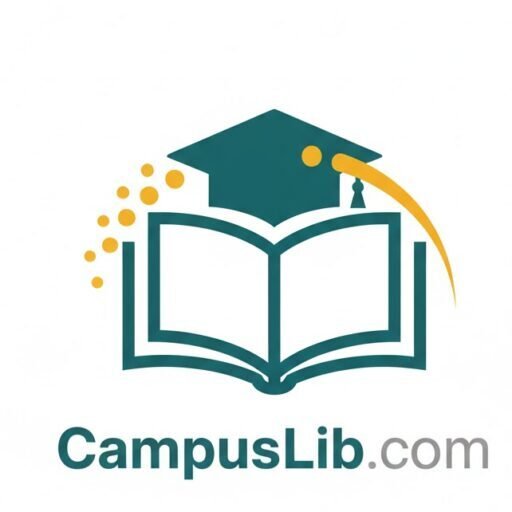Download Ethics And Christian Morality Exam Past Paper
What topics are covered in the Ethics and Christian Morality exam?
The exam typically focuses on a range of topics that explore the intersection of ethics and Christian teachings. Key areas include:
Download Link
Ethics-And-Christian-Morality-Exam-Past-Paper-Mpya-News
- Foundations of Christian Morality: Examination of biblical principles and teachings that form the basis of Christian ethics, including love, justice, and grace.
- Moral Decision-Making: Exploration of frameworks for ethical decision-making within a Christian context, including situation ethics, virtue ethics, and deontological ethics.
- The Role of Conscience: Understanding the concept of conscience in Christian morality and its role in guiding moral choices.
- Social Justice and Ethics: Discussion of Christian perspectives on social justice issues such as poverty, inequality, and human rights.
- Contemporary Moral Issues: Analysis of current ethical dilemmas faced by Christians, including topics like bioethics, sexual ethics, and environmental stewardship.
- The Influence of Church Teachings: Study of how various Christian denominations interpret moral issues and the impact of church teachings on individual beliefs.
Why are past exam papers important for studying this subject?
Past exam papers are essential for several reasons:
- Familiarization with Exam Format: They help you understand the structure of the exam, including question types and expectations.
- Identifying Key Themes: Analyzing past papers can reveal frequently addressed topics and moral questions, guiding your study priorities.
- Practice Application: They provide opportunities to apply theoretical knowledge to practical ethical dilemmas, enhancing your critical thinking skills.
- Confidence Building: Working through past questions can boost your confidence and reduce anxiety as you prepare for the exam.
Where can I find past exam papers for this subject?
You can access past exam papers through various resources:
- Educational Institution Websites: Many universities provide collections of past papers available for student access.
- Academic Libraries: These often house archives of previous exams and related study materials.
- Online Educational Platforms: Websites specializing in educational resources may also provide access to past exam papers.
- Study Groups: Collaborating with peers can provide access to shared resources, including past papers.
What key topics should I focus on when studying?
When preparing for the exam, concentrate on the following key areas:
- Biblical Foundations: Familiarize yourself with key biblical texts that inform Christian moral teaching.
- Ethical Frameworks: Understand various ethical frameworks, including situation ethics, virtue ethics, and their relevance to Christian morality.
- Moral Issues: Study current moral issues faced by Christians and examine the church’s teachings on these topics.
- Role of Conscience: Explore how conscience guides moral decisions and its significance in Christian ethics.
How can I effectively use past exam papers in my studies?
To maximize the benefits of past exam papers, consider these strategies:
- Timed Practice: Simulate exam conditions by timing yourself while answering past questions to improve time management.
- Review and Reflection: After completing a past paper, critically review your answers to identify areas for improvement.
- Discussion with Peers: Engage in discussions with classmates or instructors to gain diverse perspectives on ethical questions.
- Create Study Guides: Compile common questions from past papers into study guides for quick reference and revision.
Is understanding ethics and Christian morality important for students?
Yes, understanding ethics and Christian morality is crucial for several reasons:
- Moral Framework: It provides a moral framework that helps individuals navigate complex ethical dilemmas in everyday life.
- Cultural Awareness: A solid grasp of Christian moral teachings enhances cultural awareness and appreciation of diverse moral perspectives.
- Personal Reflection: Studying these concepts encourages personal reflection on one’s beliefs, values, and moral responsibilities.
Should I prioritize studying theory or practical applications?
Both theoretical understanding and practical applications are important:
- Theoretical Frameworks: A solid grasp of ethical theories provides foundational knowledge for analyzing moral issues.
- Practical Applications: Understanding how these theories apply to real-world dilemmas enhances your comprehension of Christian morality. Aim for a balanced approach in your studies.
Can studying past papers alone prepare me for the exam?
While past papers are a valuable resource, they should be complemented with broader reading and engagement with course materials. Explore textbooks, academic journals, and other educational resources for a well-rounded understanding of the subject. This comprehensive approach will optimize your exam preparation.
